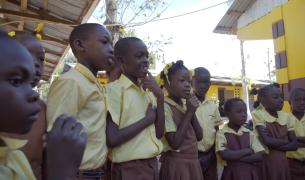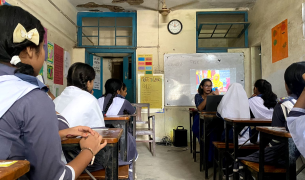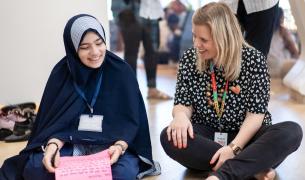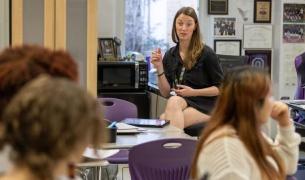Ensuring Education Equity and Safe Schools in Northern Nigeria
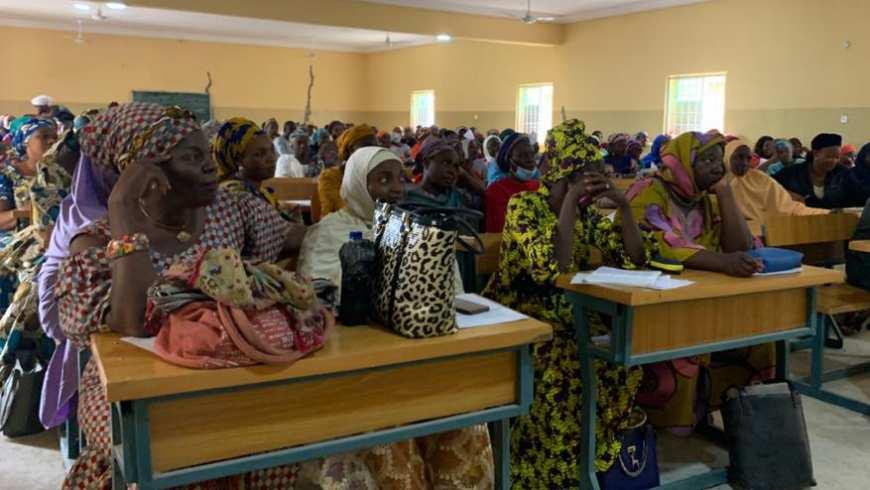
Every child has the right to an education without fear of violence or attack. Unfortunately, for children in Northern Nigeria, this is not a right they can rely on due to the increasing waves of insecurity in the region. For instance, between January and August 2021, five schools have been attacked in Kaduna and over 200 students have been held hostage for ransom, fortunately none of them from schools in which Teach For Nigeria fellows teach. Recently, the security architecture of the Nigerian Defence Academy headquarters was compromised with two personnel killed and one abducted. There have also been a series of vicious attacks on schools and other structures in other parts of the Northern region such as Maiduguri, Kebbi, Zamfara, Bauchi, and Jos amongst others. Devastatingly, the incessant attacks and kidnapping of students from schools in the region has led to the shutdown of some schools.
These attacks and other activities of some of these unconventional and unknown groups, as well as the ineffectiveness of the efforts of the government, have violated the Safe Schools Declaration, a political commitment to better protect students, teachers, schools and universities during armed conflict, to support the continuation of education during war, and to put in place concrete measures to deter the military use of schools. Although the Nigerian government signed the Safe Schools Declaration in 2019, the safety of schools and students from terrorists and unknown attackers is far from assured, which has created a cloud of fear and an atmosphere of worry for many students and schools across the country. This lack of safety for schools continues to have a negative effect on the educational system and is widening the education inequity gap.
Despite these challenges, Teach For Nigeria believes that quality education is the exclusive right of every Nigerian child regardless of region or socio-economic and geographical backgrounds. When the organization launched in 2017, we placed teachers in Ogun and Lagos, later extending our work to Kaduna, a state in the northwestern region of Nigeria, in 2018. Since then, Teach For Nigeria has placed 88 Fellows as teachers in 22 public primary schools in the Southern and Northern regions of the state and is working to advocate for the issues facing these communities in collaboration with community leaders, heads of schools, grassroot leaders, and other well-meaning individuals.
Between 2018 and 2020, Fellows who worked in Kaduna made remarkable impacts which range from increasing attendance rates from 40% to 95%, literacy skills from 30% to 80%, and general academic performance from 30% to 90%. In addition, Fellows developed innovative and sustainable projects within the region to ensure that parents, teachers and other stakeholders could continue to develop even after Teach For Nigeria had to pause operations in the region due to the pandemic. These projects included the No Box initiative led by Teach For Nigeria alumnus Abdullahi Ibrahim which helps teachers get trained continuously on 21st century teaching and learning skills, Bookaclan Kigo Knowledge Hub, which is a library set up by Teach For Nigeria alumnus Samuel Onyeledo to give students, teachers, and other stakeholders access to quality books and reading materials, and the Empowerme initiative led by Teach For Nigeria alumna Elizabeth Tosin Ijadunola which trains parents on vocational and life skills to help them support themselves and their children.
While there are not currently any active Teach For Nigeria fellows in the Northern region, we are working to ensure students in the region still have access to quality education despite disruptions, whether prompted by security issues or the pandemic, through the Teach For Nigeria Radio School, which shares lessons on numeracy, literacy, general knowledge, and STEM for nursery and primary school children three days a week on two popular local radio stations.
Additionally, through our partnership with Profuturo, Teach For Nigeria has trained over 14,000 current public school teachers across different states in Nigeria including Kaduna, Kano, and other Northern states on modern pedagogical and digital skills and competencies to help them address the various learning disparities in their schools and classrooms. These activities are informed by the belief that with more children having access to quality education, Nigeria’s educational system will be positively transformed and more people will be saved from joining the poverty circle, which will in turn revitalize Nigeria’s economy, thereby making it the strong nation it is supposed to be.
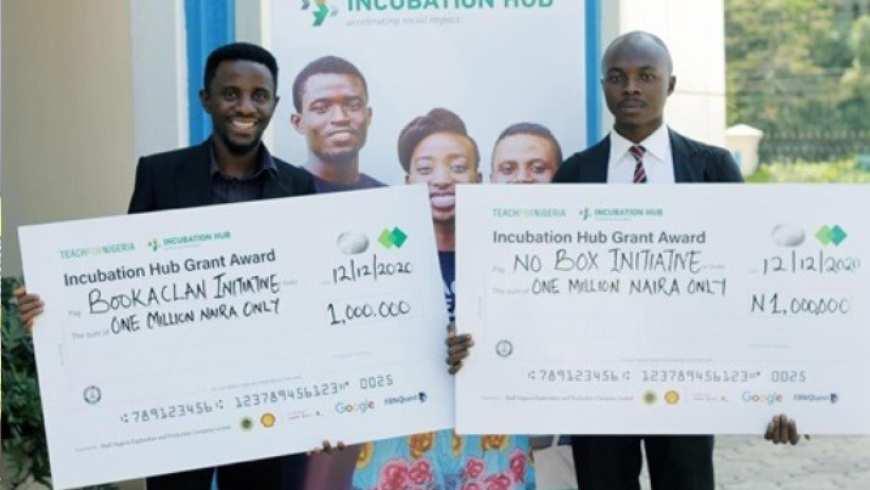
Earlier this year, Teach For Nigeria launched an Incubation Hub which aims to equip alumni with the practical knowledge required to build and sustain their social innovations through an intensive training workshop, mentoring, and access to post-program support, alongside an opportunity to pitch for seed funding for their organizations. Twenty initiatives based in Northern Nigeria with a focus on promoting access to education for children in low income communities were selected as the pioneer cohort of the Incubation Hub. Upon completion of the training workshop, participants went through a series of virtual assessments that helped to shortlist five participants who qualified for the final pitch contest. At the end of the final pitch event, the two organizations that won the award of the N1,000,000 seed grant to scale their projects were Bookaclan Kigo Knowledge Hub and No Box initiative.
Although Teach For Nigeria has increased access to quality education in the Northern region through its partnership with the Kaduna State Government and Profuturo, there are still many areas of concern within the educational system and security issues in the region which we’re working to ensure do not get overlooked. We will continue to advocate for the safety of students and teachers in Northern Nigeria and work tirelessly with communities, parents and students to ensure children in the region and indeed, all Nigerian children, have the opportunity to attain excellent education and fulfil their potential. And we’ll continue to urge governments and the global community to intensify efforts and increase funding to promote safe and protective school environments in conflict situations and humanitarian emergencies.
